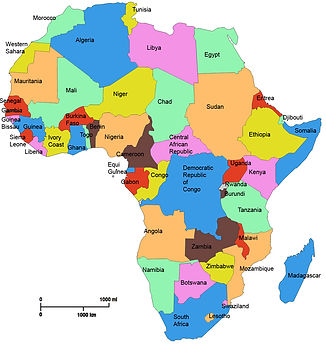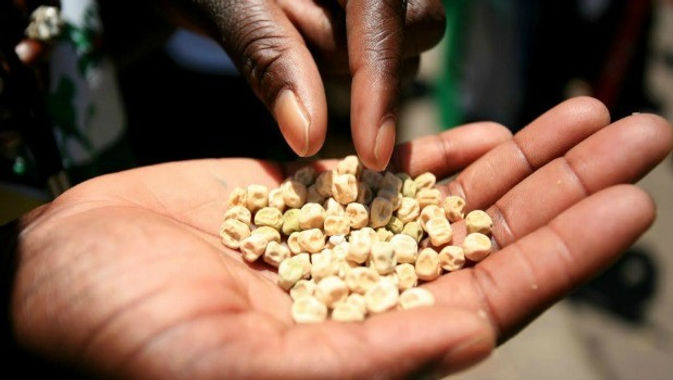POOR COUNTRIES
For countries with advancing biotechnology, the benefits for farmers make a significant difference. GMO developments approved for use allow farmers to grow crops that do not require substantial amounts of water for survival, can withstand drought or extreme temperatures, and contain self-produced genetic pesticides. Such strong and robust plants require less care, thus allowing many men and women in third world the time and opportunity to pursue better education and other desirable work.
It was noted by CSIS that in Africa, agricultural productivity such as the use of GMO crops, is necessary “to meeting the continent’s food security needs, as farmers grapple with climate variability, degradation of soil and water resources, persistent pests and crop diseases, and land constraints.” Not to mention that 20% of Africa’s population is classified as hungry. GMO crops, with their enhanced genetic make up, possess a higher likelihood for survival and are therefore more reliable for producing higher income and freshness for consumers. Without these qualities, certain food products would cost between 6 to 10 percent more, including soybeans and corn. In third world countries where hunger and starvation are primary issues, GMO crops just may be the first step in solving these devastating trials.

